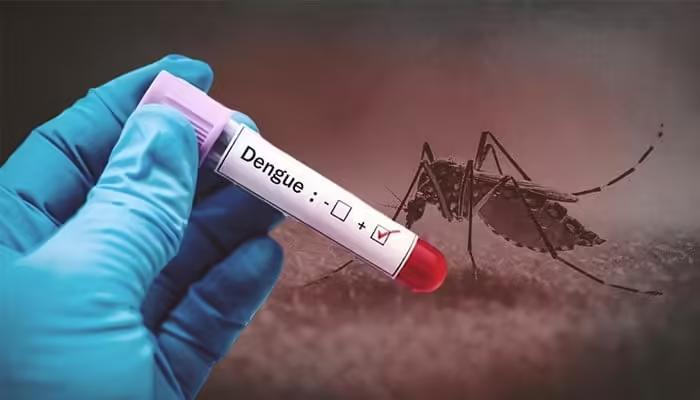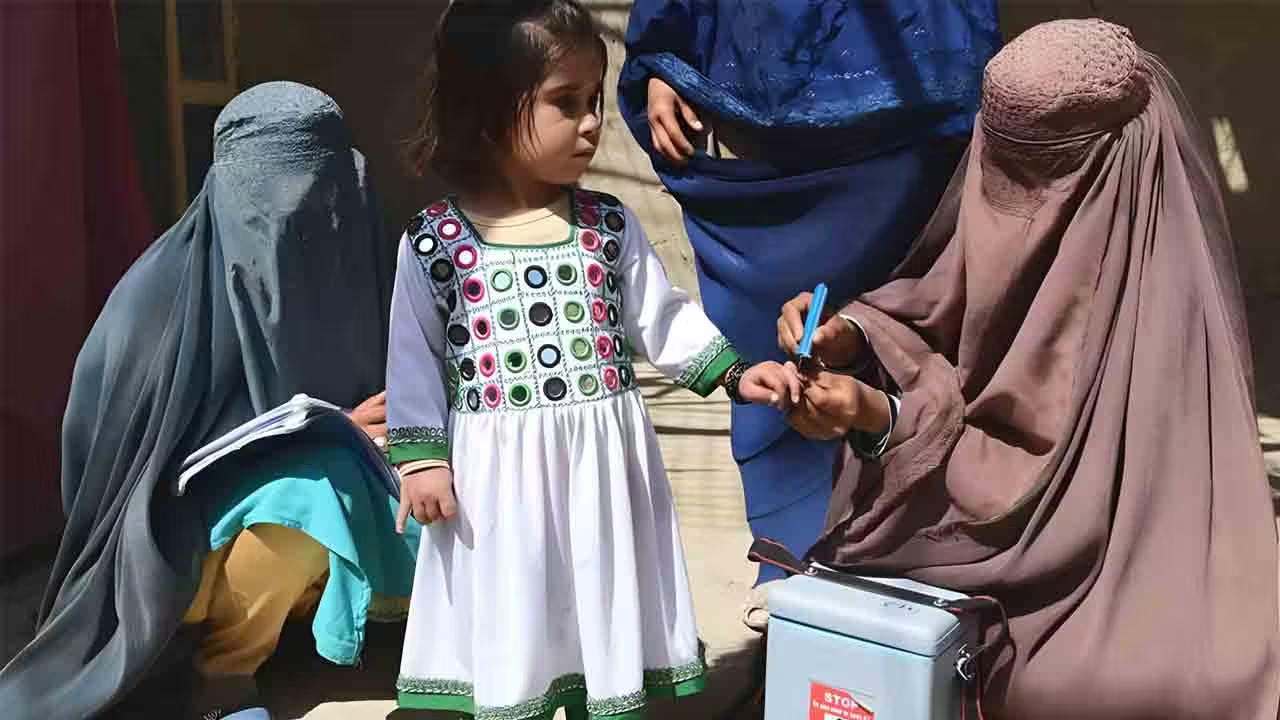Punjab continues to grapple with a sharp rise in dengue cases, with 143 new cases reported in the last 24 hours across the province. The ongoing outbreak has placed health authorities on high alert, especially in the most affected district of Rawalpindi. This latest surge has brought the total number of reported cases in Punjab this year to 2,867, prompting swift action by local authorities to curb the spread of the virus.
A Breakdown of the New Dengue Cases
Out of the 143 new cases, Rawalpindi reported the highest number, with 131 cases. Other affected areas include Attock with 4 cases, Gujranwala with 3, and Lahore with 2. Additionally, Faisalabad, Sialkot, and Sahiwal each reported one new case of dengue.
Rawalpindi remains the epicenter of the outbreak, with its densely populated areas like Chak Jalaluddin, Kotha Kalan, and Potohar Town being the hardest hit. The rapid increase in cases from Rawalpindi has triggered an emergency response from both the provincial health authorities and the district administration.
Government Action to Combat the Dengue Outbreak
Following the spike in cases, Punjab Health Minister Khawaja Imran Nazir, alongside Deputy Commissioner Rawalpindi Hasan Waqar Cheema, launched a crackdown on commercial buildings where dengue larvae were discovered. Several buildings were sealed, and fines exceeding one crore rupees were imposed as part of efforts to enforce stringent measures aimed at eliminating mosquito breeding sites.
Khawaja Imran Nazir emphasized that there will be zero tolerance for those found negligent in preventing the spread of the dengue virus. He highlighted that all government departments must cooperate fully with the district administration to successfully eliminate dengue larvae and halt the transmission of the disease. The minister’s firm stance underscores the urgency of the situation and the need for coordinated efforts across all sectors to protect public health.
Dengue Emergency Declared in Rawalpindi
In response to the growing threat, Deputy Commissioner Hasan Waqar Cheema announced a dengue emergency in Rawalpindi, vowing to implement emergency safety measures throughout the district. The declaration of the emergency allows for enhanced surveillance, immediate actions in high-risk areas, and a robust anti-dengue campaign.
As part of the emergency response, mobile teams have been deployed to dengue-affected areas, tasked with identifying and destroying mosquito breeding grounds. These teams are working tirelessly to prevent further outbreaks by conducting inspections, spraying insecticides, and educating residents on precautionary measures. The anti-dengue campaign is focusing particularly on areas where dengue cases are most prevalent, such as Chak Jalaluddin, Kotha Kalan, and Potohar Town.
The Spread of the Dengue Virus
Dengue fever is caused by the dengue virus, which is transmitted to humans through the bite of an infected Aedes mosquito, primarily the Aedes aegypti species. Once bitten, individuals can develop symptoms such as high fever, severe headaches, joint and muscle pain, fatigue, and in severe cases, bleeding and shock. If not properly managed, dengue can become life-threatening.
In Rawalpindi, the dengue virus has been diagnosed in a significant number of patients, with healthcare providers overwhelmed by the number of cases requiring treatment. Hospitals in the city are operating at full capacity as they manage the influx of dengue patients.
Deputy Commissioner Cheema stated that the situation in Rawalpindi requires immediate attention, with emergency measures in place to control the outbreak and prevent further cases. While the dengue virus typically spreads more during the rainy season, the ongoing high temperatures and favorable breeding conditions for mosquitoes have exacerbated the situation.
Public Awareness and Prevention Efforts
The spread of dengue is preventable, but it requires the active participation of the public in adopting preventive measures. The Punjab health authorities are encouraging residents to take steps to minimize mosquito breeding by ensuring that water does not accumulate in open areas or containers, keeping their surroundings clean, and using mosquito repellents.
Public awareness campaigns are being run to educate people about the importance of covering water storage containers, ensuring proper sanitation, and eliminating stagnant water where mosquitoes breed. Community engagement is essential in fighting the dengue outbreak, and authorities are appealing to citizens to take personal responsibility for maintaining hygiene in their homes and neighborhoods.
In addition to public education, the government is also conducting large-scale fumigation efforts in dengue hotspots to control the mosquito population. This includes both aerial and ground spraying of insecticides to target mosquito larvae and adult mosquitoes.
A Unified Response is Crucial
As the dengue outbreak continues to rise in Punjab, especially in Rawalpindi, swift and coordinated action by health authorities, government officials, and the general public is critical to containing the spread of the virus. The declaration of a dengue emergency in Rawalpindi is a step in the right direction, enabling local authorities to take proactive measures to combat the crisis.
With 2,867 dengue cases reported in Punjab so far this year, the coming weeks will be crucial in determining whether the situation can be brought under control. Public cooperation, strict enforcement of anti-dengue regulations, and continued efforts by health officials will be key to ensuring the safety and well-being of the population.



